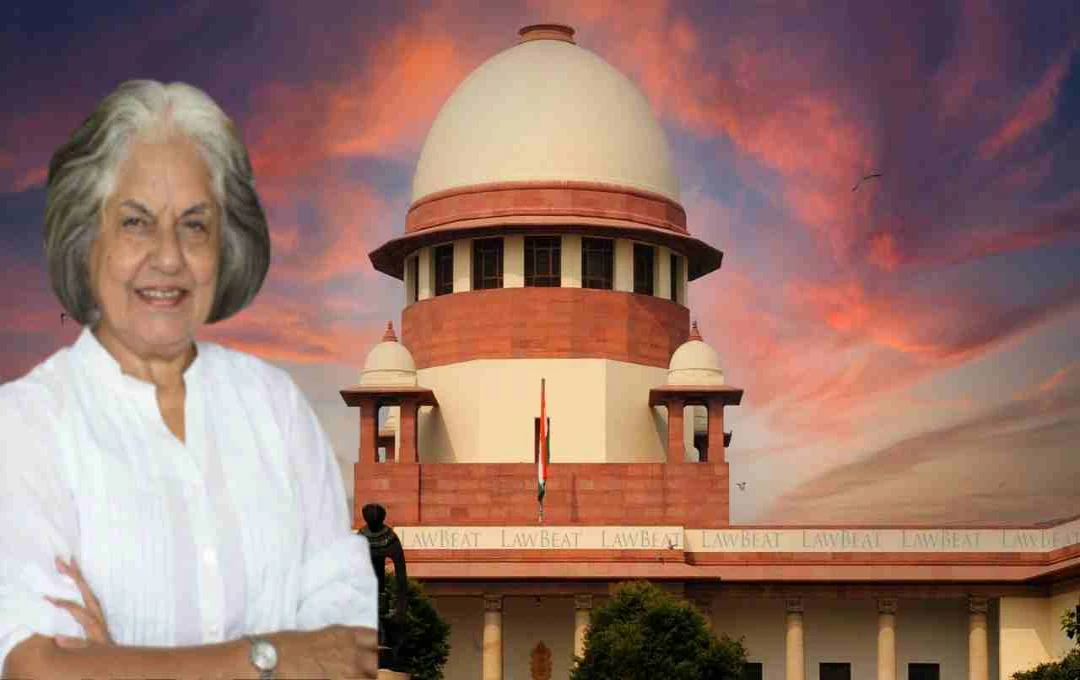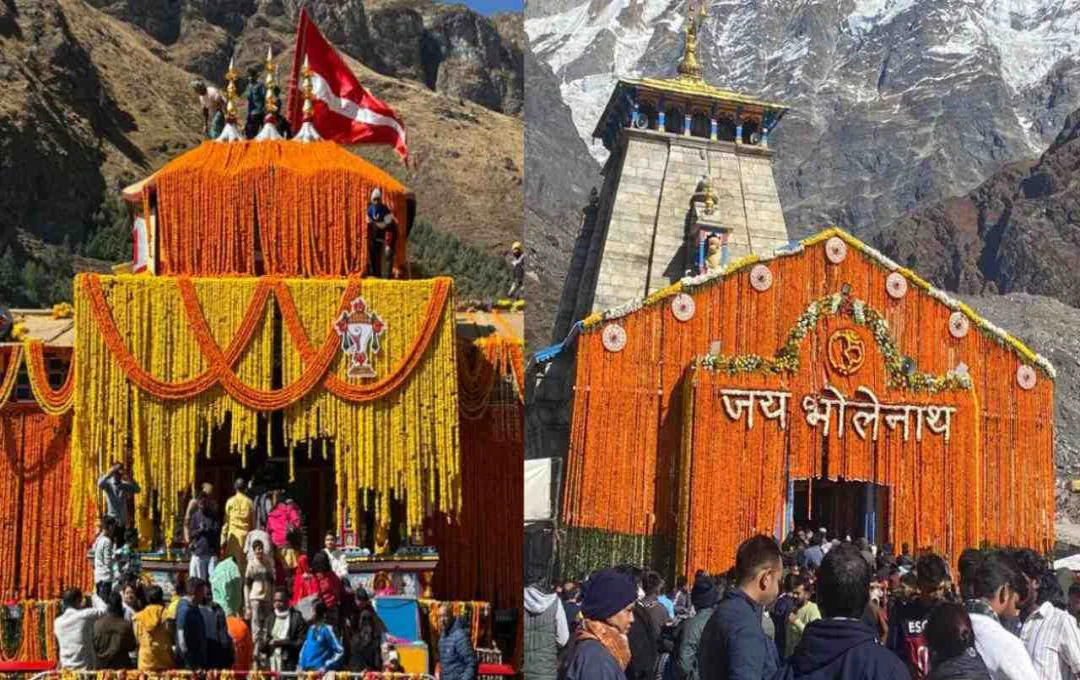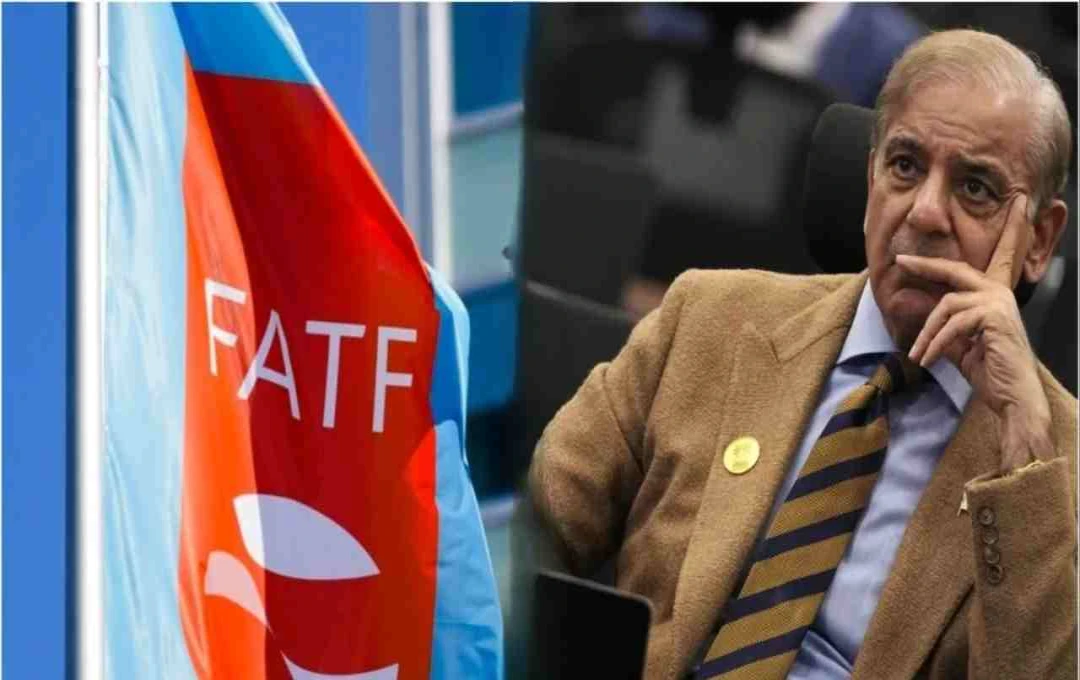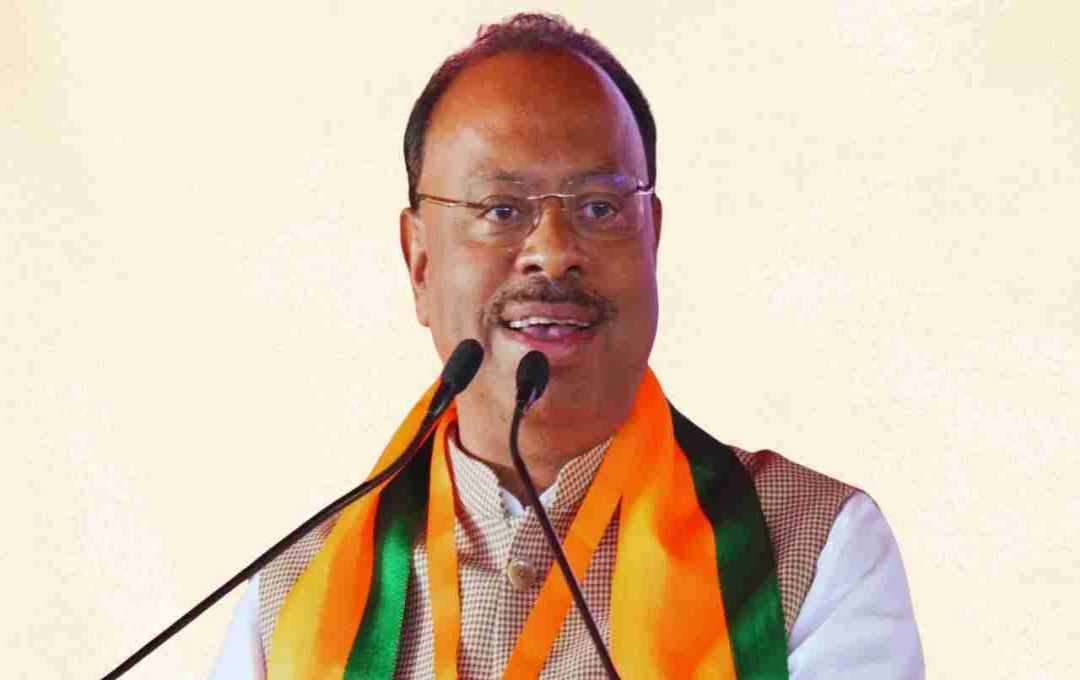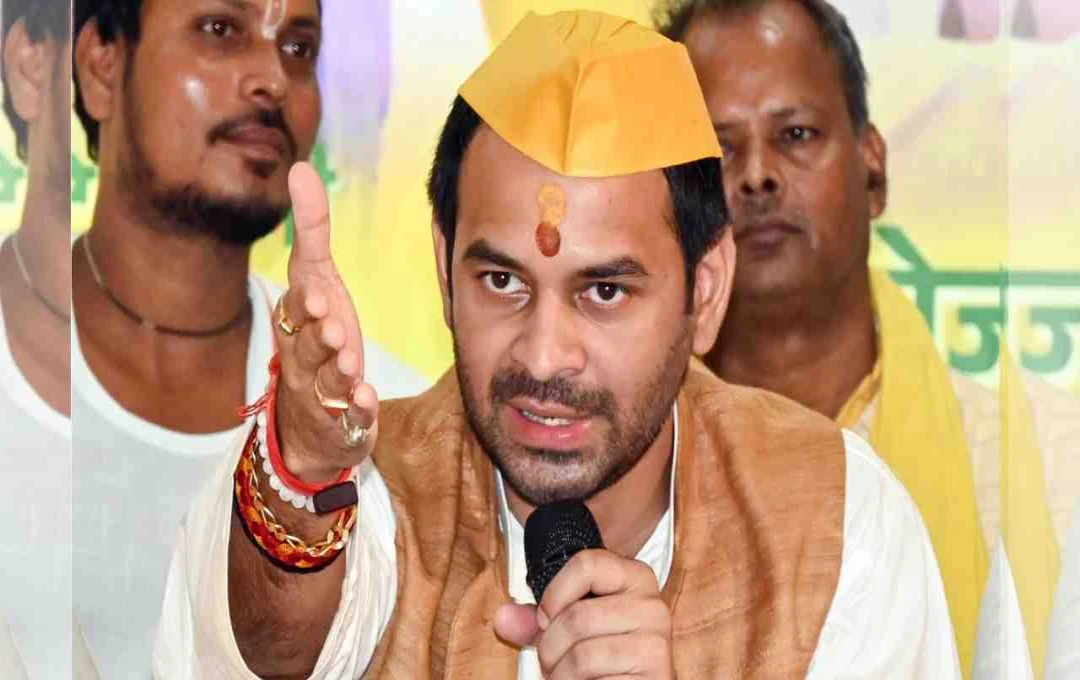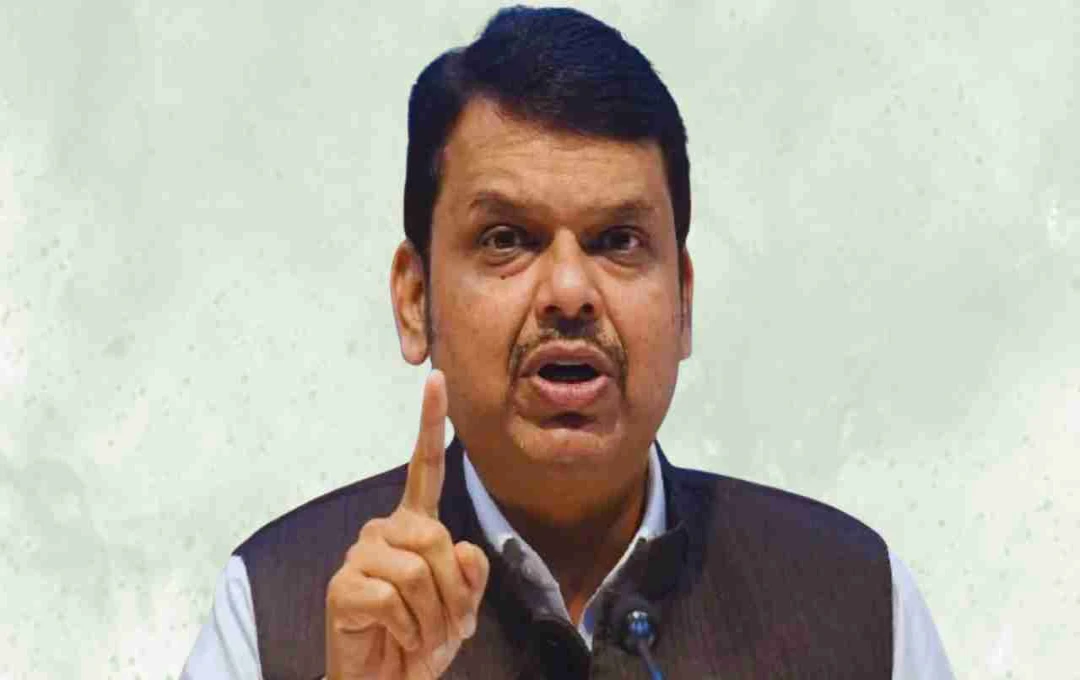Senior advocate and amicus curiae, Indira Jaising, has raised a significant demand in the Supreme Court. She has requested the court to reduce the age of legal consent for sexual relations from 18 to 16 years.
SC on Adolescence: A crucial debate regarding the sexual autonomy and constitutional rights of adolescents has ignited in the Supreme Court of India. During the hearing of the Nipun Saxena vs. Union of India case in the Supreme Court, senior advocate and amicus curiae Indira Jaising advocated for lowering the age of legal consent from 18 to 16 years. She argues that the existing law criminalizes consensual relationships between adolescents, violating their fundamental rights.
What Does the Current Law State?
Currently, under the POCSO Act 2012 and the Indian Penal Code (Section 375), any sexual relationship with a person under the age of 18 is legally considered rape, even if it is consensual. Indira Jaising argued in her written submissions to the court that this provision is against the constitutional rights of adolescents, particularly their rights to privacy, autonomy, and dignity.
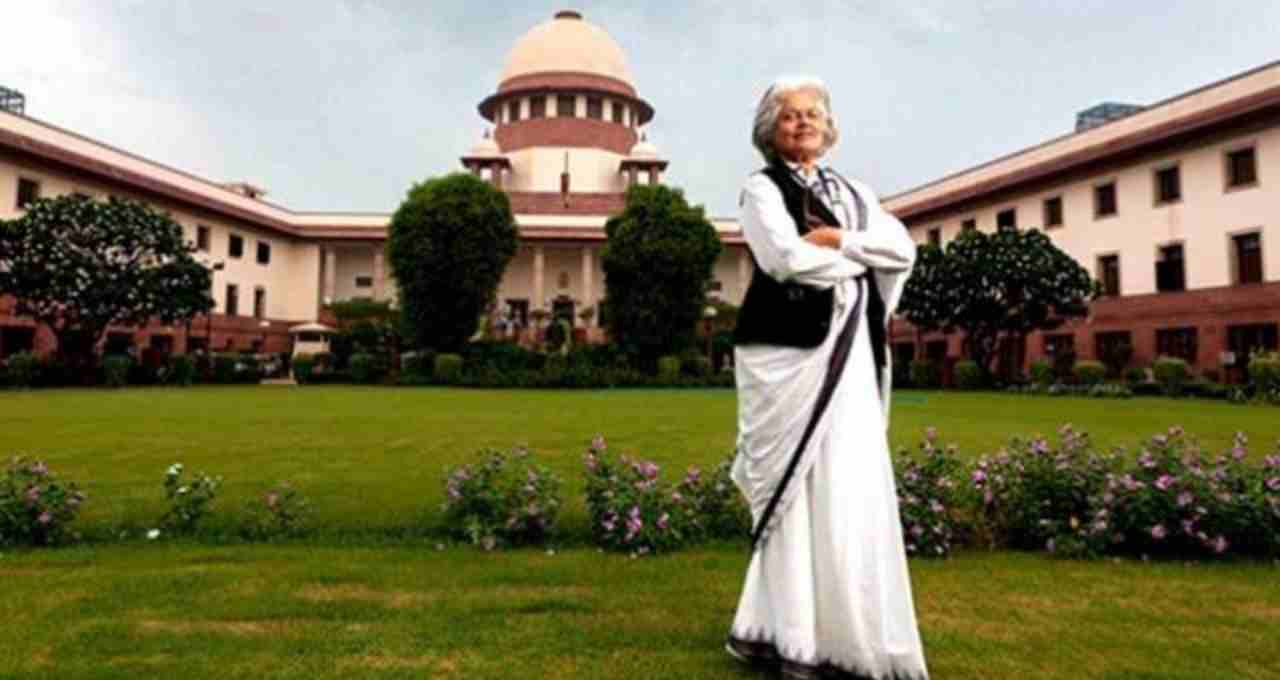
Jaising's Arguments and Citation of Data
Jaising informed the court that: Between 2017 and 2021, there has been a 180% increase in POCSO cases against adolescents aged 16 to 18. Data from sources like the National Family Health Survey clearly indicates that sexual relations among adolescents are not uncommon. Most cases involve consensual relationships where the complaint is filed by parents or guardians, especially in inter-caste or inter-religious matters.
Jaising argues that the current law considers even consensual relationships between adolescents as unethical or forced. This not only traps adolescents in legal crises but also forces them to hide from society and family, leading to early marriages or depriving them of proper medical and sexual education.
History and Why the Law Needs to Change?
Jaising stated that: Prior to the Criminal Law (Amendment) Act of 2013, the age of consent was 16 years. The Justice Verma Committee also recommended maintaining the age of consent at 16 years. Despite this, the age was increased without any public debate. Jaising suggested including a Close-in-Age Exception in the law, which would ensure that if both adolescents are close in age (e.g., 16 and 17 years), and the relationship is consensual, it should not be considered a crime under rape or POCSO.
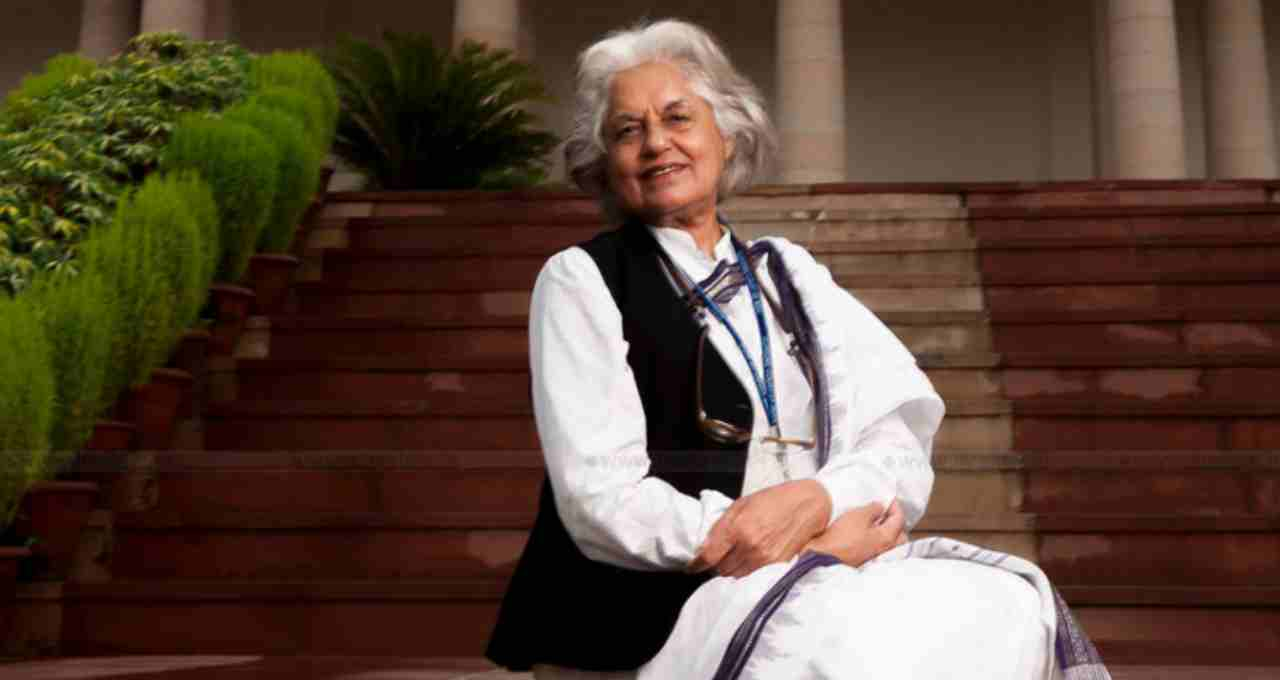
Jaising cited Articles 14 (Equality), 15 (Prohibition of discrimination), 19 (Freedom of Expression), and 21 (Protection of life and personal liberty) of the Indian Constitution, stating that adolescents should have the right to make decisions about their bodies and relationships. She also mentioned Puttaswamy vs. Union of India (Right to Privacy) and the UK's Gillick case, to demonstrate that decision-making ability is not determined solely by age, but also by an individual's maturity.
Jaising mentioned that the Bombay, Madras, and Meghalaya High Courts have also bly objected to considering consensual relationships between adolescents as offenses under POCSO. The courts believe that not all sexual relationships are exploitative, and the law should differentiate between consent and exploitation.
